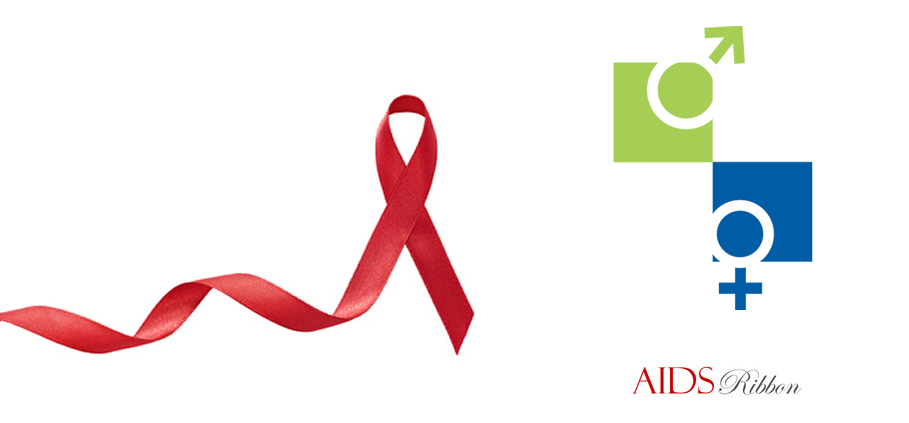Latest News
Men and Hormonal Changes – Andropause & Infertility
Anastasios D. Kalantzis, Surgeon Urologist-Andrologist
Modern and active men expect to stay active and masculine even in advanced age. Aroundpuberty, the most important male hormone, testosterone, reaches adult levels. Theagingprocess, however, isnormalandirreversible.
It is a fact that, in people over 50-55 years of age, regardless of sex, a series of physical changes is observed, which results in the reduction and alteration of their activities. Andropause in men and Menopause in women respectively are among the inevitable conditions (syndromes).
With the term Andropause we mean the reduction and suspension of androgen hormones production, and most importantly, of testosterone. The symptoms observed are:
- Decreased Libido
- Erectile Dysfunction
- Reduced orgasm intensity
- Difficulty in reaching orgasm
- Sleep disorders
- Psychological disorders (depression, stress, mood swings, unjustified irritation)
- Reduced erythropoiesis
- Loss of muscle mass
- Lossofbonemass(osteopenia or osteoporosis)
- Reduced mental abilities (such as poor concentration and memory)
- Reduced immune readiness
- Body fat gain (increased fat tissue)
The man’s reproductive ability remains, however it is reduced with the lapse of time and is one of the main causes of sexual disorders in men. The male reproductive system is as sensitive as the female and it has been observed that. In a percentage of men, the spermatozoa lose their ability to fertilize eggs over the years.
Sex drive, erection, ejaculation, sperm quality, count, motility and morphology of the spermatozoa affect every attempt of egg fertilization. Under these complicated conditions, even the detection of infertility causes is problematic, as it can be due to anything, from lack of sex drive to low sperm motility.
According to data of the National Statistics Service of Greece derived from approximately 500,000 infertile couples in our country, in 45% of the cases the problem concerned the man, while in 35% the woman.
The worst enemy against the health of the sperm, apart from environmental factors, is, of course, the man’s lifestyle.
- Smoking causes an average reduction of 23% in sperm concentration and 13% in sperm motility.
- At the same time, smoking causes toxicity in the sperm plasma, while it affects the hypothesis, resulting in negatively affecting the testosterone production. Also, there is evidence that paternal smoking is connected with genetic abnormalities of the child.
- Alcohol, marihuana, cocaineandanabolic steroids affect both the sperm and the production of hormones in the endocrinal system and reduce the testosterone production in the testes.
- The lubricants of tenused to facilitate penile penetration are toxic for the sperm. Their use should be avoided during the fertile days of the woman’s cycle.
- High scrotal temperature impairs the good function of testes. Therefore men should avoid hot baths, saunas and tight underwear and clothes that hold testicles tightly against their bodies.
- Environmental pollution causes damages to the genetic material of sperm, thus impeding conception and increasing the risk of miscarriage.
- Stress and anxiety. Men under stress conditions produce a greater number of spermatozoa with anomalous morphology.
Another major question raised is whether the father’s age is a determining factor for the health of the child. Itisasignificantparameterneglected and ignored in the past.
Researchesconductedshowedthatconditionsandsyndromessuchasprostatecancer, schizophrenia, dwarfism, Marfan syndrome, Apert syndrome and Duchenne muscular dystrophy are mainly due to the age of the father.
The cause is simple. In the male reproductive system, the spermatozoa are continuously divided in order to produce more spermatozoa. As the DNA is copied from one spermatozoon to another, the risk of a small error or mutation is increased. This can cause the fetus to present a disease that has not previously occurred in the family, is not hereditary and of course comes from the father.
However, restoration of the man’s lost vigorousness is achievable.
Many types of medication are currently marketed for the treatment and restoration of this problem. However, uncontrolled treatment of the problem can lead to prostate complications, liver cancer and accelerated occurrence of atherosclerosis.
You should consult your doctor, as proper information and demystification of this matter that is still a taboo, is very important for the proper treatment of the problem and the improvement of the quality of life (both physical and psychological) of men beyond the age of 50.




